Tags
ADHD adolescence attention autism book review book reviews boundary conditions classroom advice conference speakers constructivism/direct instruction creativity desirable difficulty development dual coding elementary school embodied cognition emotion evolution exercise experts and novices gender high school homework intelligence long-term memory math methodology middle school mindfulness Mindset motivation neuromyths neuroscience online learning parents psychology reading retrieval practice self-control skepticism sleep STEM stress technology working memoryRecent Comments
- Book Club Materials for Just Tell Them – Education Rickshaw - Metro Health News on Just Tell Them: The Power of Explanations and Explicit Teaching...
- How to Present at a Conference... |Education & Teacher Conferences on Enjoyment or Skill? The Case of Reading
- How to Present at a Conference... |Education & Teacher Conferences on Do *Goals* Motivate Students? How about *Feedback*?
- Roberta on Seriously: What Motivates Teachers to Be Funny?
- Revisiting the "Handwriting vs. Laptops" Debate: More Moving Goalposts |Education & Teacher Conferences on Handwritten Notes or Laptop Notes: A Skeptic Converted?
ABOUT THE BLOG
Tag Archives: neuroscience
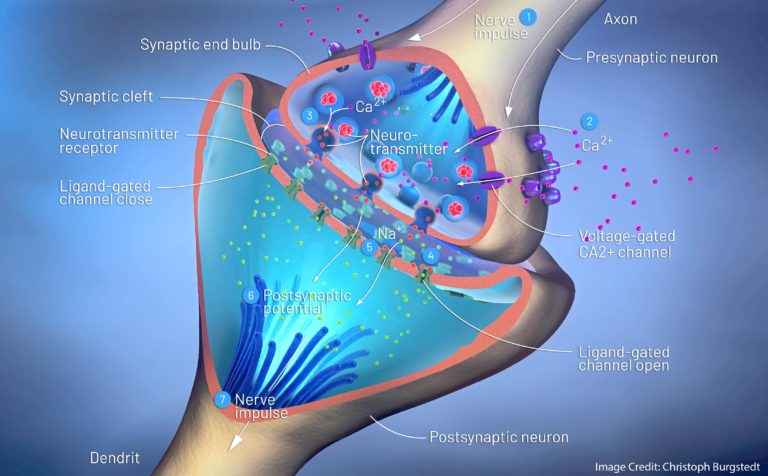
The Best-Known Neural Model of Learning Might be Substantially Wrong
A new neural model of long-term memory formation might change our understanding of learning. It should not, however, change our approaches to teaching. Continue reading
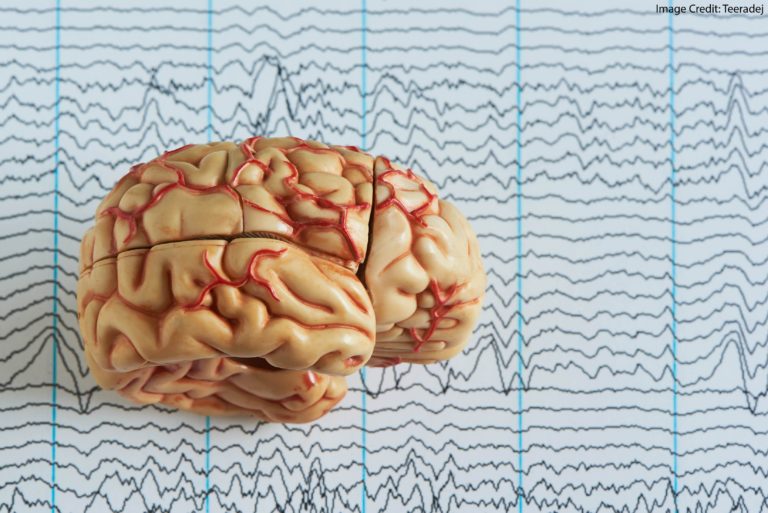
STOP THE PRESSES (And Yet, Remain Calm)
In the world of science, if you see the right kind of evidence, you have…
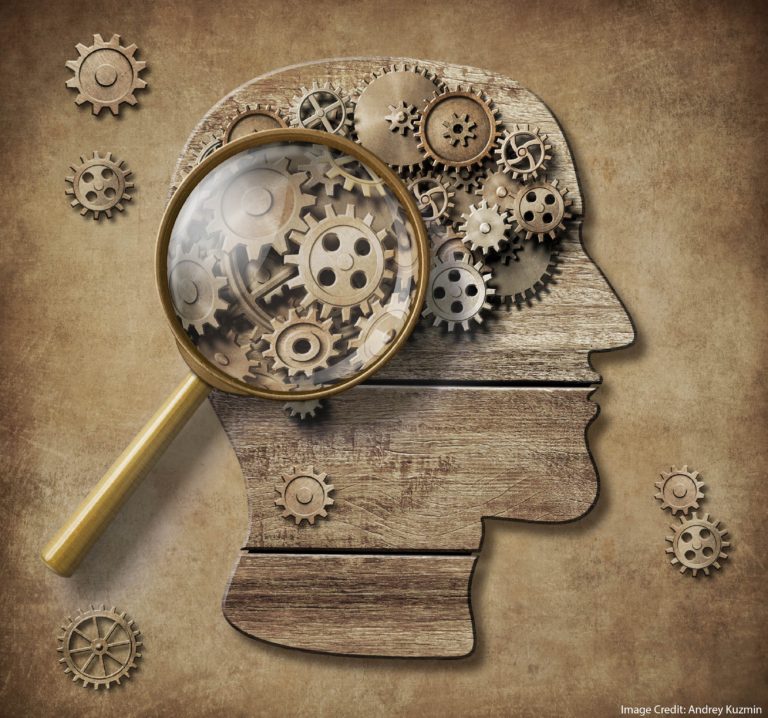
Working Memory Overload Throws Neurons Out of Synch
Students use working memory all day long, but they — and we — don’t have very much. New research is starting to explain what happens when they experience working memory overload. In brief: brain regions that must function synchronously stop doing so. Some day this research field might help our students learn more effectively. Continue reading
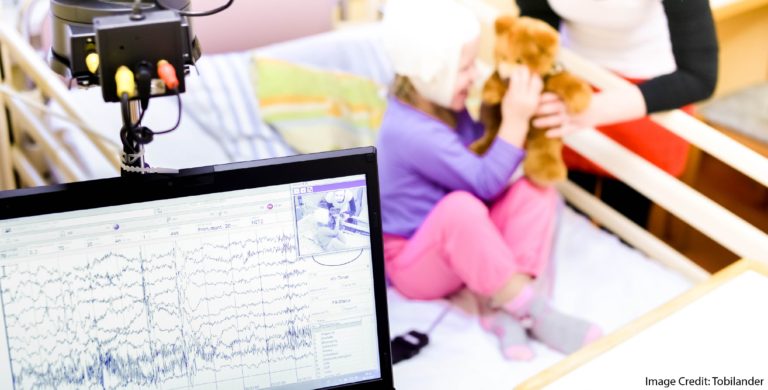
The Limitations of Neuroscience in Guiding Teachers
Neuroscience offers fascinating insights into brains; psychology provides specific teaching suggestions. However much we enjoy and learn from the former, we should keep our eye on the latter. (Helpful links provided.) Continue reading

Spiders in Budapest: Deeper Understanding of the Brain
“Why can I forget what the capital of Hungary is, but not that I’m afraid…
![AdobeStock_169457901 [Converted]_Credit](https://www.learningandthebrain.com/blog/wp-content/uploads/2018/12/AdobeStock_169457901-Converted_Credit-768x564.jpg)
Brain Research in Translation
Science relies on skepticism, so let’s ask a skeptical question: “Does it really benefit teachers…

“We Can No Longer Ignore Evidence about Human Development”
The more teachers learn about neuroscience and psychology, the more we admire Dr. Mary Helen…

Why Do Choices Interfere with Your Learning?
At times, choices might help motivate students. However, at other times, choices harm learning. When we distinguish between the two, we help our students. Continue reading

This Is Your Amygdala on a Cliff…
If you’ve seen the documentary Free Solo, you know about Alex Honnold’s extraordinary attempt to climb…
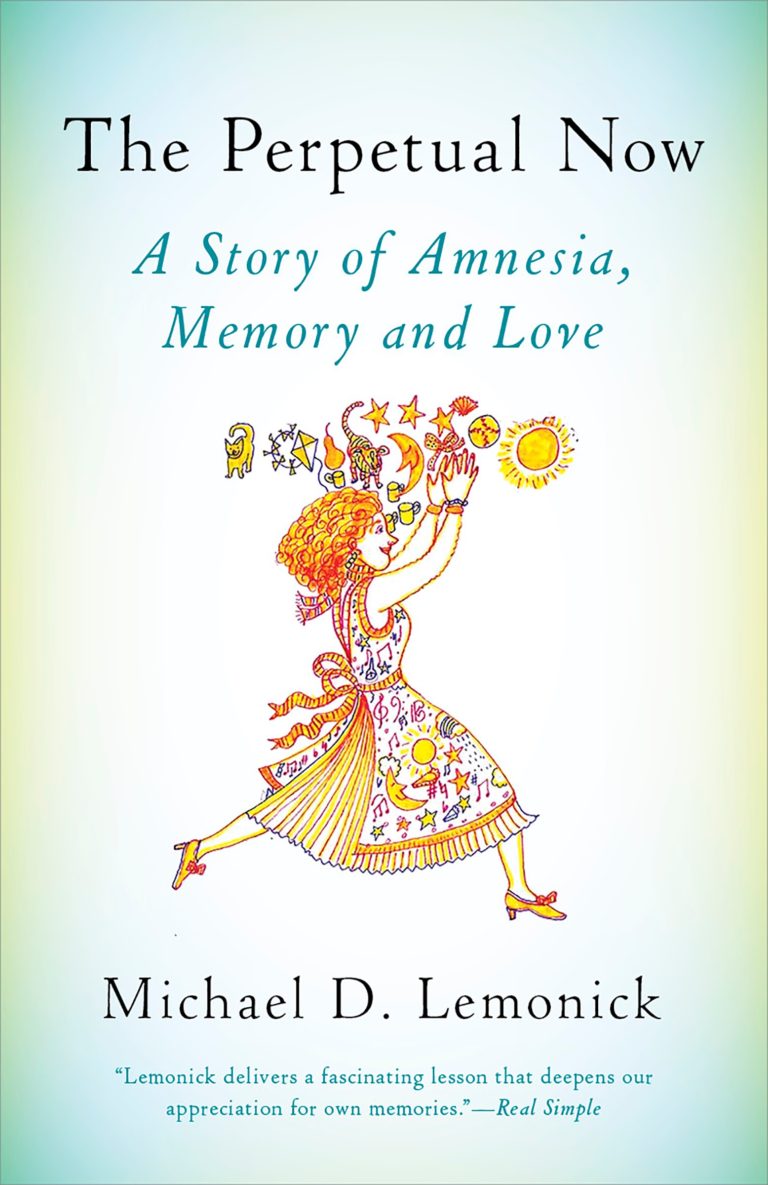
Life Without Memory: Your Hippocampus and You
Who are you without your memory? In neurobiological lingo: who are you without your hippocampus?…
